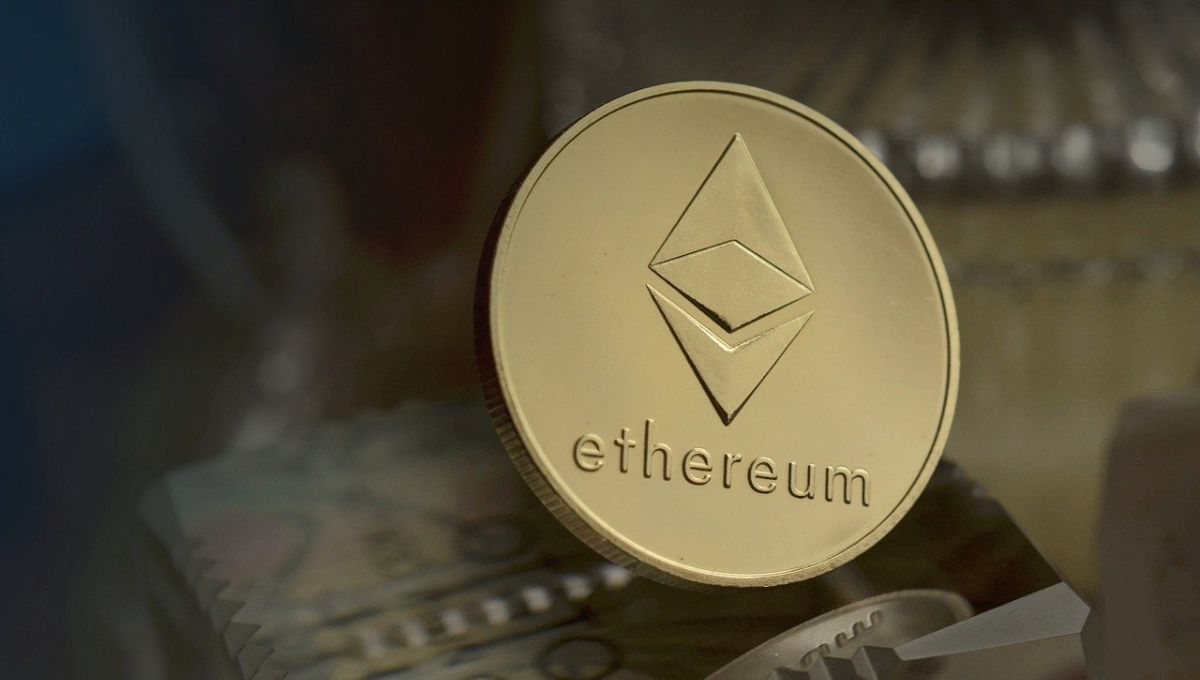The development team behind Polygon (MATIC) have decided to implement an improvement proposal on the Ethereum blockchain on MATIC. The Ethereum London Hard fork will introduce two scaling proposals on the blockchain in preparation for the release of Ethereum 2.0 which will operate on a Proof-of-Stake consensus algorithm rather than the Proof-of-Work algorithm it currently functions on. Ethereum Improvement Proposal (EIP) 1559 is geared towards reducing gas fees on the blockchain and making them affordable, especially for new users. This is what the Polygon team plans to introduce on the Polygon network albeit with a twist to it.
What is EIP 1559?
The EIP 1559 is a proposal on the Ethereum blockchain for a pricing mechanism that would totally reduce high gas fees to something lower or called a base fee. Miners on the blockchain would receive a priority fee attached to the base fee as rewards for confirming transactions. EIP 1559 was proposed by co-founder of Ethereum, Vitalik Buterin and a few developers to cut down on gas fees charged on transactions. This improvement proposal had come on the heels of complaints by users of the blockchain that gas fees had become a bottleneck for them.
At the time, a transaction of $5 would be processed with a gas fee of $20. A real-life incident although on a larger scale had caused so much worry among users of the blockchain that they tagged it a mistake. However, it seemed so until it happened a second and third time- a gas fee of $2.6 million had been paid for a transaction of $133. It happened twice after the first incident with gas fees that were enough to process many transactions instead of a single one.
The EIP 1559 also introduces what is known as deflationary mechanism where the base fee which is determined by the network rather than the users would be burnt after a transaction block has been added to the other blocks. Crypto experts noted that burning the base fees would cause a spike in the price of Ethereum which at the time of writing this report was $2251, and also reduce the overall supply of Ethereum which in any case is infinite. The 1559 proposal alongside EIP 3238 which borders on the switch to PoS algorithm will be fully implemented by 2022.
EIP-1559 To be Implemented on MATIC Without Deflationary Mechanism
For the implementation of the EIP 1559 on Polygon (MATIC), there won’t be any burning of base fees since MATIC has a fixed supply. Any sort of deflationary mechanism would mean restructuring payouts. According to the team, instead of burning the base fee, it would be sent to the core contract account where the decentralized autonomous organization would deliberate on what to do with it. The MATIC community would be able to expend the fee on improving the MATIC network. Holders and validators on the network will be able to benefit as well. Polygon (MATIC) runs on the Proof-of-Stake consensus algorithm.
At Tokenhell, we help over 5,000 crypto companies amplify their content reach—and you can join them! For inquiries, reach out to us at info@tokenhell.com. Please remember, cryptocurrencies are highly volatile assets. Always conduct thorough research before making any investment decisions. Some content on this website, including posts under Crypto Cable, Sponsored Articles, and Press Releases, is provided by guest contributors or paid sponsors. The views expressed in these posts do not necessarily represent the opinions of Tokenhell. We are not responsible for the accuracy, quality, or reliability of any third-party content, advertisements, products, or banners featured on this site. For more details, please review our full terms and conditions / disclaimer.



